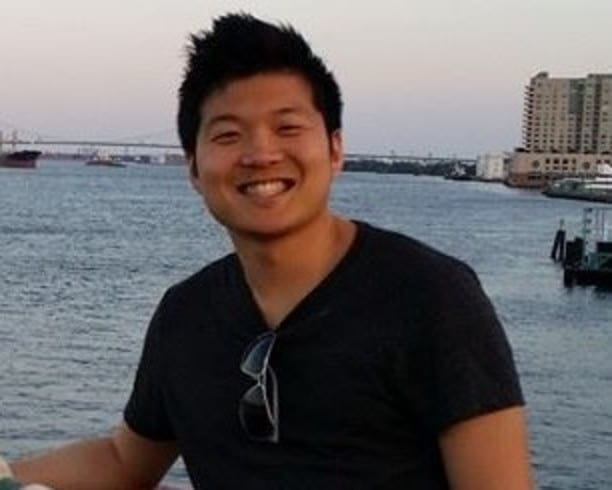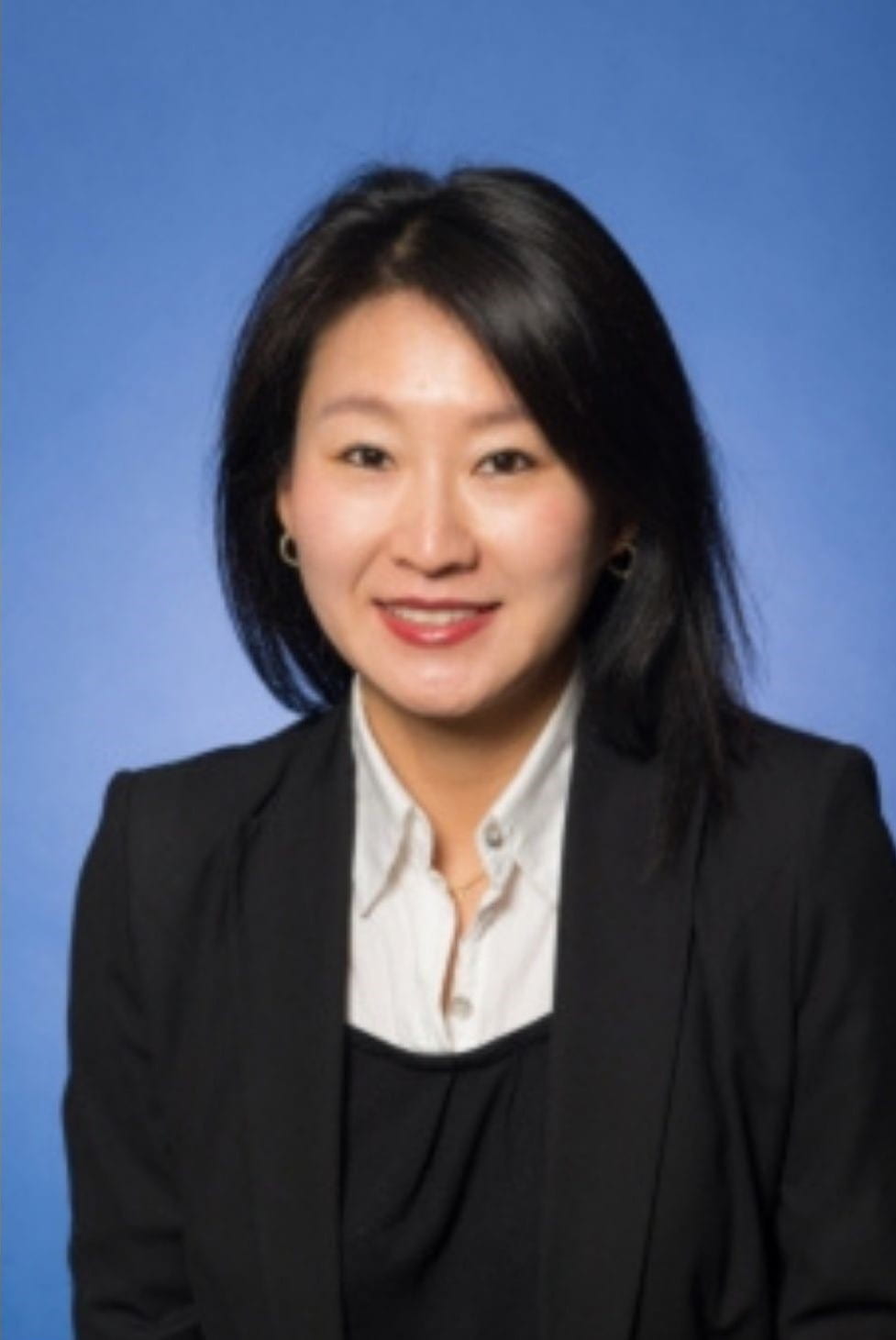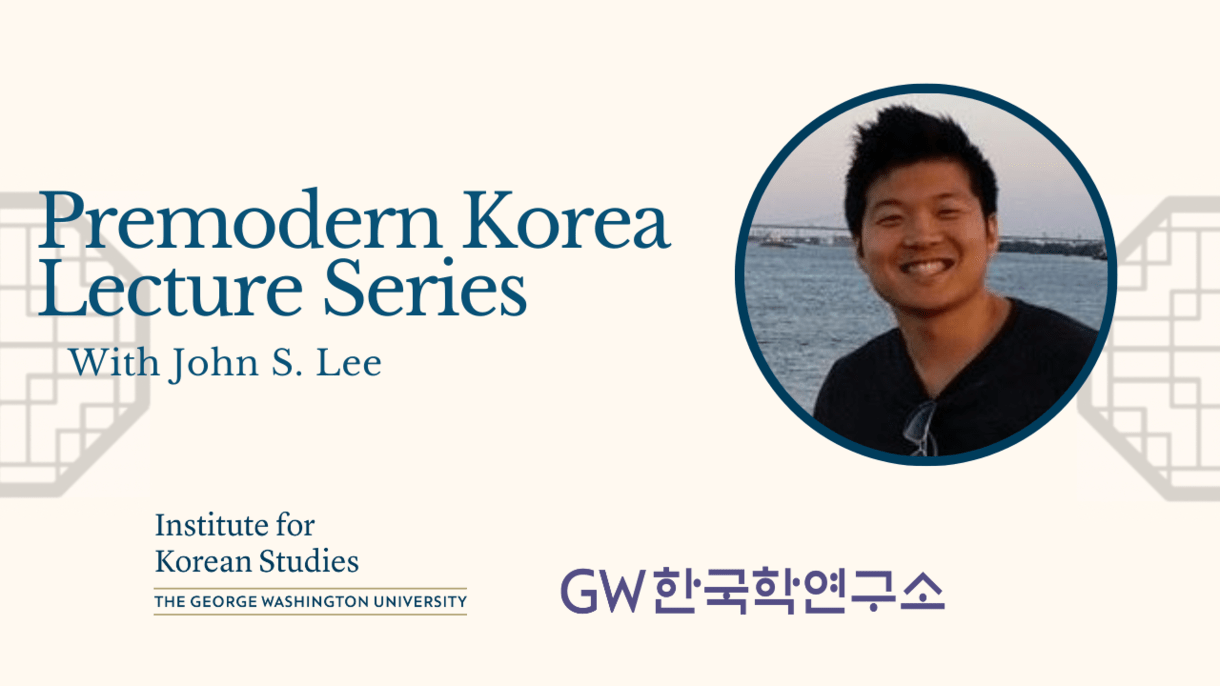“Kingdom of Pines: State Forestry and the Making of Korea, 1392-1910“
Wednesday, October 26, 2022
02:00 PM – 3:30 PM EDT
Zoom Event
About the Event
For almost every society before the twentieth century, the forest ecosystem was the main source of fuel, construction material, and raw chemical matter. In this presentation, Lee examines the longest continuous state forestry system in world history, that of Korea’s Chosŏn dynasty (1392-1910). For five hundred years, the Chosŏn government managed forests across the Korean peninsula with focus on one type of conifer, the pine. Lee argues that state forestry was fundamental to the expansion of the Chosŏn state and its military, political, and cultural priorities from the fifteenth to nineteenth centuries. Moreover, the government’s prioritization of pine profoundly transformed Korea’s environment. Over time however, Chosŏn forests also became contested zones as government policies clashed with administrative corruption, commercial operations, and the workaday sylvan needs of a growing populace. Overall, Lee offers a new, environmental-historical approach to Korean history that interweaves the making of state, society, and ecology on the Korean peninsula.
Speaker

John S. Lee is an environmental historian of early modern East Asia, particularly the Korean peninsula, with transregional interests in comparative histories of pre-industrial forestry; the history of pine; the premodern history of the conservationist state; and the long-term environmental legacies of Eurasian empires. He received his Ph.D. in History and East Asian Languages in 2017 from the Department of East Asian Languages and Civilizations at Harvard University. His current monograph project, Kingdom of Pines: State Forestry and the Making of Korea, 918-1910, examines the rise and fall of the longest continuous state forestry system in world history, that of Korea’s Chosŏn dynasty. His other current project examines the environmental legacies of the Mongol Empire in Asia, with a focus on the long-term impact of Inner Asian equine culture on the woodland and coastal zones of sedentary East Asia.
Moderator

Jisoo M. Kim is Korea Foundation Associate Professor of History, International Affairs, and East Asian Languages and Literatures. She is the Founding Director of the Institute for Korean Studies and the Co-Director of the East Asia National Resource Center at GW. She also serves as the Editor-in-Chief of the Journal of Korean Studies. She is a specialist in gender, law, and emotions in Korean history. Her broader research interests include gender and sexuality, crime and justice, forensic medicine, literary representations of the law, history of emotions, vernacular, and gender writing. She is the author of The Emotions of Justice: Gender, Status, and Legal Performance in Chosŏn Korea (University of Washington Press, 2015), which was awarded the 2017 James Palais Prize of the Association for Asian Studies. She is also the co-editor of The Great East Asian War and the Birth of the Korean Nation by JaHyun Kim Haboush (Columbia University Press, 2016). She is currently working on a book project tentatively entitled Sexual Desire, Crime, and Gendered Subjects: A History of Adultery Law in Korea. She received her M.A., M.Phil., and Ph.D. in East Asian Languages and Cultures from Columbia University.

